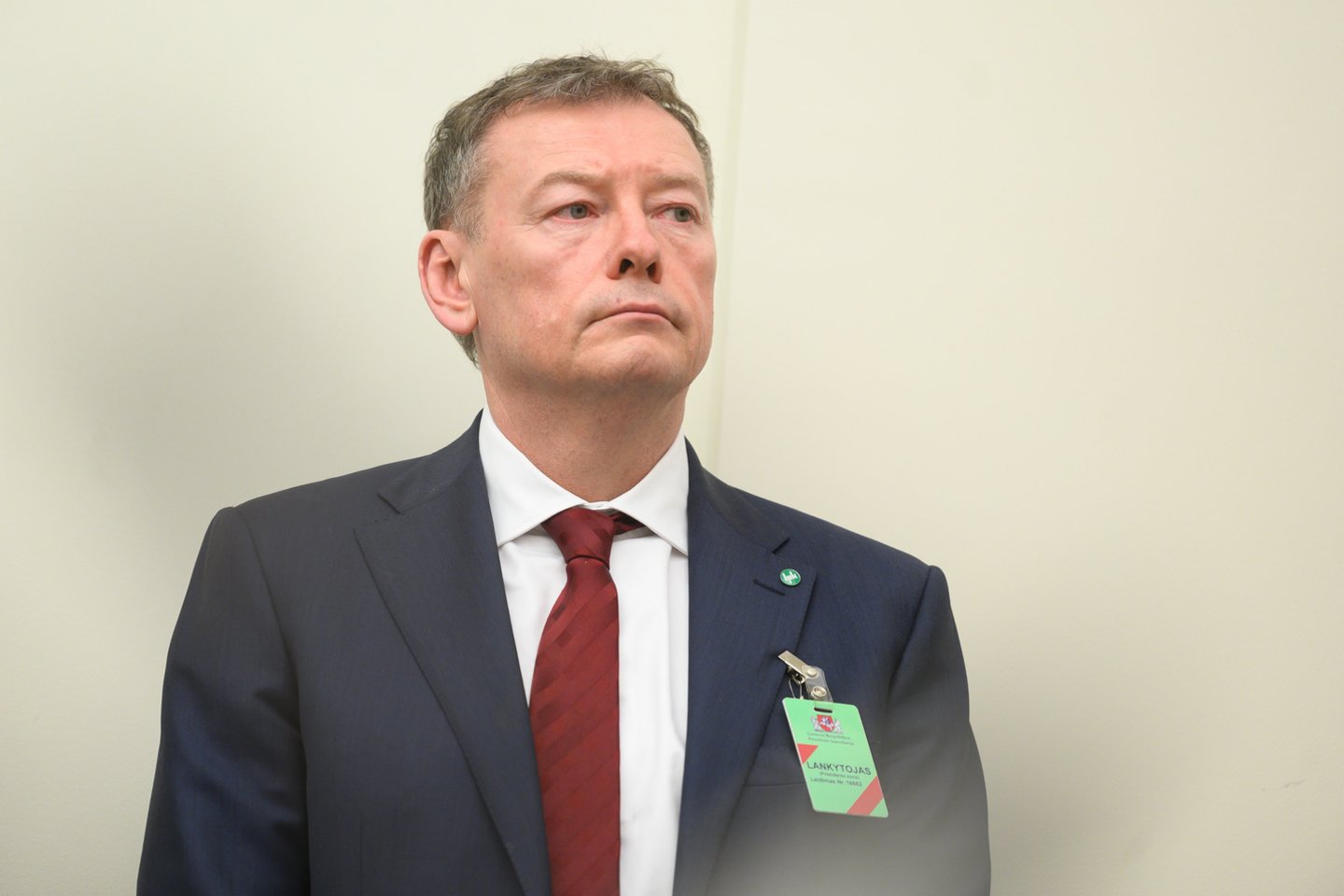The value of industrial production in February was 3% lower than in January at constant prices. It should not be surprising that the value of manufacturing output at constant prices increased slightly in the same period, rising by 1.8%. We know that the value of industrial production at continuous prices last year was 5.2% lower, and the value of manufacturing production was 4.8% lower than in 2022.
So, the January increase was not a sign of an excellent start to the year after all. It was more of a sign that someone still wanted to work, act, and produce despite everything.
But there are still plenty of ominous signs in Lithuania's industrial sky.
Firstly, our export markets are still in no hurry to recover. Exports of goods in January this year were 6.6% lower than in January last year. For the whole of last year, exports of goods were 11.0% lower, and exports of Lithuanian origin were 10.6% lower than in 2022.
Exports of goods to European Union countries, where around 60% of our total exports go, have shrunk more than total exports of goods. Last year, we exported 13.3% less there than in 2022.
Secondly, the German industry, an essential partner for our manufacturing industry, still needs to recover, and this year is expected to be very difficult for it. Only last year, a study concluded that the energy crisis would have long-term negative consequences for the German industry in the form of a reduced industrial added value.
Germany's industrial output is set to fall by 1.7 per cent in 2023, the second consecutive year of industrial contraction. On the contrary, its manufacturing production is not showing encouraging results either. Germany is not expected to see a significant recovery this year, and we cannot expect a recovery in one of the most essential industrial orders and an important export market for us.
Thirdly, our capital cost is still among the highest in the European Union. And those figures are unpleasantly shocking.
For example, the average cost of borrowing for non-financial companies in the euro area in January this year was 5.22% (composite cost-of-borrowing indicator), whereas in Lithuania, it was 6.34%.
I don't know if there are any consolations, but it's even worse in Latvia: the cost of borrowing was even higher, at 6.88%. The European Central Bank's interest rate cuts are expected in June at best, but there are growing fears that there will be no „interest“ spring this year, i.e. the first cut may have to wait until the end of summer. It will be another six months before those needing access to money feel this way. That is a lot.
Fourthly, the RRF EU structural funds, although promised and counted, will not be activated – invested – any time soon. Investment is the keyword here. Investment means that value will be created in the future. Even if an investment is made, it will take time to create value. For example, innovations may have to wait several years before creating new value.
So, every day that passes—whether it is drafting the descriptions of RRF instruments and structural assistance, their alignment, or the evaluation of applications—every day, every hour—is a direct loss of part of the benefit. And for Lithuanian industry, which is far from booming at the moment, every loss means a loss of competitiveness, a shrinking of production, and, for Lithuania as a whole, a loss of jobs. There may be some, and there may already be some.
I'm huffing and puffing, you say? No way. I am trying to get into politicians' hearts, minds and, ultimately, consciences, particularly some bureaucrats. There is no time for deep reflection on the new obstacles and distractions, so please get to work.

